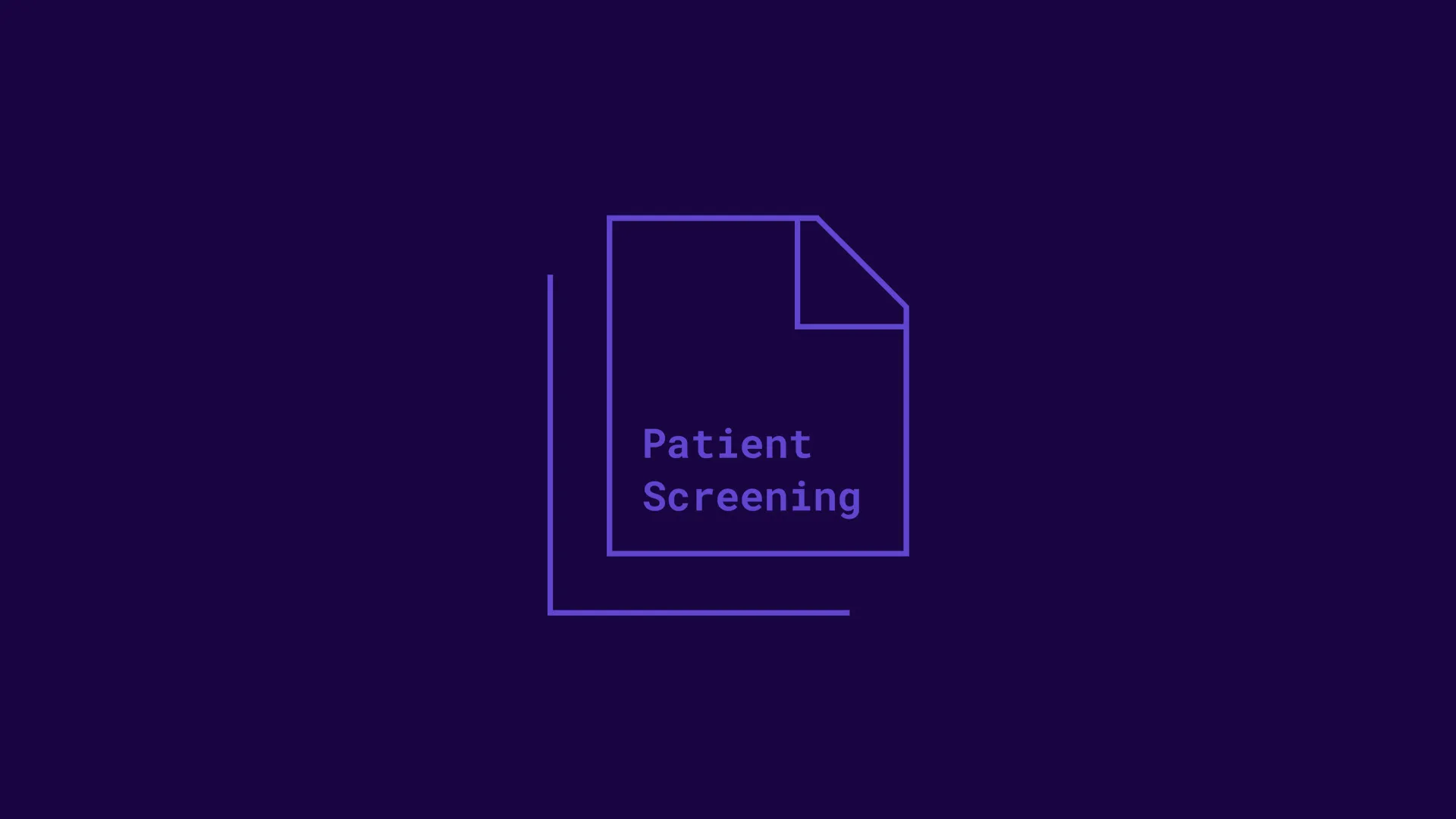Decentralized Clinical Trials


Innovation Evidence : A Tufts CSDD workshop
In the five years since the pandemic, decentralized trial elements have solidified their status in medical product development.
Trials with decentralized elements have moved past the “pilot” phase. The question is no longer whether we can operationalize decentralized trial components, it's whether we’re doing it thoughtfully at the pace patients deserve. Our industry is ready to optimize the elements for the trial based on available evidence.
That’s exactly why Medable, in collaboration with and facilitated by the Tufts Center for the Study of Drug Development (Tufts CSDD), has launched the Innovation Evidence Workshop series.
Last November, the inaugural, invitation-only workshop brought leaders from 20 pharmaceutical, biotech, and CRO organizations together in Boston, with representation from the U.S. Food and Drug Administration, Harvard MRCT Center, Tufts CSDD, and Medable.


Back to basics: What is patient screening?
Patient screening, a vital step in the clinical trial recruitment process, is when interested participants are assessed for their eligibility for a given trial using select inclusion/exclusion criteria. These criteria help characterize the target patient profile to ensure patient safety, better efficacy, and optimized signal detection.
Traditionally, patient screening was done in person at a clinical trial site. Due to the current digital revolution in healthcare, which has recently accelerated in response to global health events, the ability to use cloud-based software and digital qualification steps to optimize patient screening and enrollment brings innovation, convenience, and sophistication to this process.


Back to Basics: What is clinical trial recruitment?
Patient recruitment is one of the most critical elements of a clinical trial. Without sufficient participation, studies will lack the power to demonstrate the statistical significance and efficacy of new treatments. Ultimately, poor patient enrollment will delay or prevent new therapies from reaching the market. Not only do such delays cost millions of dollars, but they also deprive patients of effective, potentially life-changing treatments.


Back to Basics: What is a decentralized clinical trial?
In a decentralized clinical trial, part or all of the protocol occurs away from the primary study site. Instead of patients traveling, often repeatedly, to a central site for enrollment, consent, data collection or symptom monitoring, they can participate in telehealth visits from their homes, often using familiar technologies, like smartphones, tablets and wearables to transmit pertinent information. Even medications and devices can increasingly be delivered directly to a patient’s home, and a home visit from a health care professional can be arranged if necessary.


Back to basics: How digital and decentralized clinical trials enable trial diversity
The advancement of decentralized clinical trials (DCTs) allows patients to participate without having to travel to a trial site, removing many barriers that may have hindered people of diverse backgrounds from participating.


How we standardized deploying vaccine studies in five weeks
By Musaddiq Khan, VP, DCT Solutions
At Medable, we’re always looking to understand the changing environment of clinical research, and how we can help customers overcome the various challenges, risks, and scenarios that these changes bring.
For the past year, I, various clinicians, and research experts at Medable have been working closely to improve how we conduct research for various therapeutic areas. Much like the results shown in Tufts CSDD’s latest whitepaper, we believe that a well-thought, decentralized approach can help bring new therapies in historically challenging therapeutic areas to markets faster.
The result of this work is a brand-new decentralized approach we’re bringing to the market.


2023: The year of the site. We are listening.
As 2022 rounds the bend, the life science industry is at a critical juncture in the adoption of the decentralized clinical trial (DCT) model.


Report: Medable named #1 Leader in DCT for second year by Everest Group
For the second consecutive year, Medable has been named Leader decentralized clinical trial products per the Everest Group’s PEAK Matrix® assessment, which evaluates DCT products from 24 companies based on vision, capability and market impact.


Five myths about eConsent
As our industry continues to follow new paths to digitization, it’s important to debunk the most prevalent myths — both old and new — and reach a deeper understanding of decentralized clinical trials.


DCT takes center stage at DIA 2022 with new Tufts CSDD Study
DIA 2022 provided four days worth of content spanning over 13 talk tracks and hundreds of speakers with three major takeaways.


Using clear language and the latest technology in informed consent forms (ICFs) for clinical trials
Explore ways to improve the consenting communication process using clear language and the latest technology.






